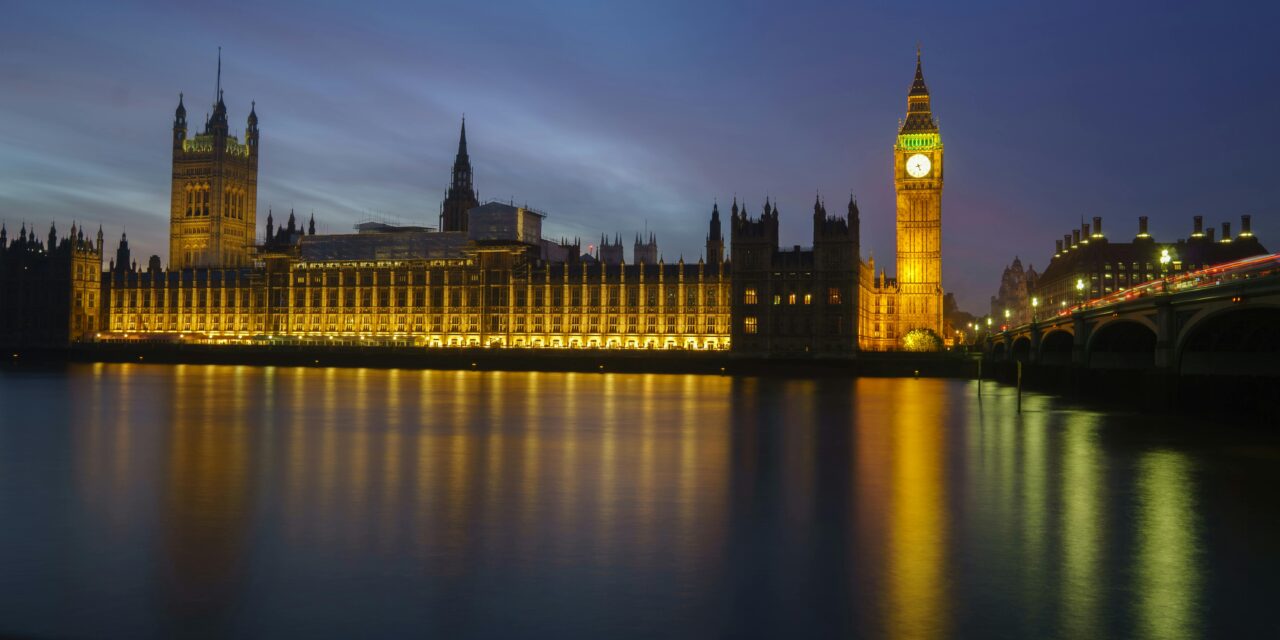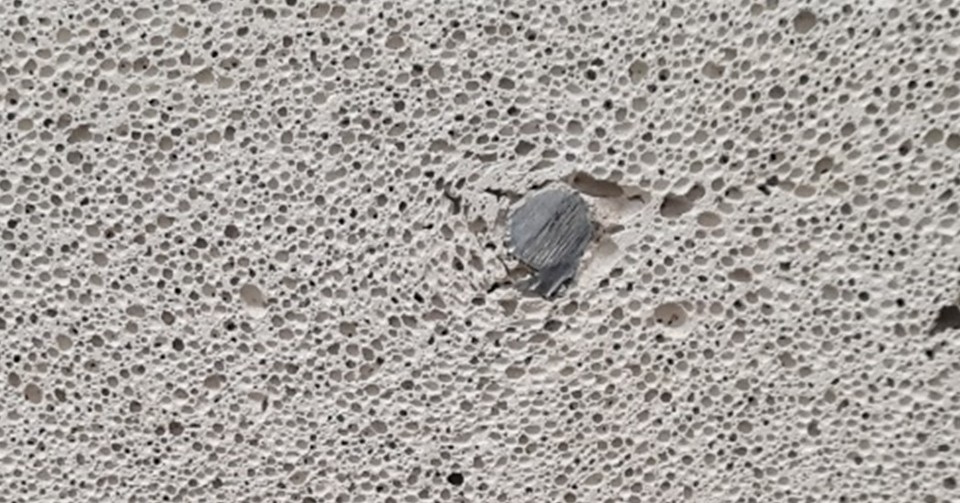
Following ongoing concerns since the Grenfell Tower tragedy, a parliamentary committee has intensified its focus on cladding remediation efforts across the UK. This investigation targets the efficacy, cost, and delivery speed of current remediation programmes, aiming to hold accountable both governmental bodies and stakeholders involved in addressing hazardous cladding.
The inquiry will re-evaluate the deadlines initially set for remediation, especially as the target completion date of June 2020 has long passed. Scrutiny of these timelines seeks to identify delays and any process gaps hindering the removal of dangerous materials.
Given the allocation of £5.1 billion from the government, with an additional £1 billion pledged in the Autumn Budget, the committee’s oversight will encompass how these funds are managed to avoid waste or misuse. This aims to ensure responsible and efficient use of taxpayer resources in supporting safer housing.
Examining the broader government strategy for risk prevention, the committee will question measures taken to prevent future safety hazards. The inquiry will also review changes in building regulations and the influence of industry bodies on policy standards.
With a multi-billion-pound budget dedicated to remediation, challenges remain regarding the equitable distribution of costs between the government and private developers. The committee intends to review agreements with property owners and assess developers’ roles in sharing financial responsibility, especially as remediation expenses continue to grow.
The upcoming sessions will serve as a critical examination of the UK’s progress in cladding remediation, with a focus on transparency, accountability, and the ultimate goal of safeguarding residents.


